 From the keynote speech by Lorenzo Vilches at the III Congress of the Ibero-American Network of Audiovisual Narratives, INAV, held in March 2016 in the city of Bauru, SP, Brazil, we spoke with him about narrative in DTT.
From the keynote speech by Lorenzo Vilches at the III Congress of the Ibero-American Network of Audiovisual Narratives, INAV, held in March 2016 in the city of Bauru, SP, Brazil, we spoke with him about narrative in DTT.
By:
Luis Jorge Orcasitas Pacheco
Luis Fernando Gutierrez Cano
The transmedia narrative tells story through multiple platforms (Cinema, TV, web, mobile telephony, etc.) and format (Book, video game, blogs of the characters, chats, forums, alternative reality game, etc.), which in theory must provide different contributions to enrich the narrative and to get a viewer / actor / reader / player / fan, who is integrated into a narrative world of the work where the key is to generate a participatory audience.
The previous description, made by Rodríguez Terceño in his book Introduction to transmedia narrative, has allowed a substantial change in the forms of production of contemporary media, from different ramifications, through parallel stories that are developed in different media, which can provide more possibilities to different audiences / users through the interactivity that allows the media ecosystem of today.
Regarding this panorama, the authors of this article had the opportunity to talk with Professor Lorenzo Vilches, who has been developing different studies from narratology, in reference to the narratives of transmedia film and television that have been appreciated for some years in the contemporary media spectrum.
How has this transformation of the audiovisual narrative been with the irruption of the internet in contemporary society?
Lorenzo Vilches: When cinema began, it was fundamentally about images and without narratives; many writers said that it was a successive passing of incomprehensible images. In short, they missed the narrative, they thought that cinema had no future other than that, images like that, kind of fairs to pass the time, show strange things and nothing more. Evidently, then many of these writers who wrote for the cinema, later changed their minds.
In the history of narrative there is a successive dependence on technology, media, economic possibilities, etc. In that sense, transmedia has been able to expand because there has been a great technological maturity that allows narratives with many levels of experimentation. Now, in the case of transmedia there is more technology than narrative, because you still have to create your own narrative.
In the meantime, what is being done?
Lorenzo Vilches: What has always happened when there are new media, and it is about imitating the old; so in the case of transmedia many times either a film or a short film is imitated or television is imitated and between them they are doing a new thing that is the web series.
The web series not only in fiction but is also the documentary; and the web series lends itself to the narrative because it includes a lot of the life experience of the authors, which is what I call self-reflexivity, that is, that the author, the narrator, who is often the same creator of the web series -that there is a lot of ego evidently-, serves to transmit something that even traditional television can not transmit that is a spirit, let's say, amateur, of greater experientiality and very panoramic forms, very general and this would be for me the most intense.
In the world of audiovisual media, there is some clarity of what the transmedia concept means. How do you explain what exactly the transmedia concept is?
Lorenzo Vilches: Suppose I have written a book or a novel and it seems to me that that novel is not going to be distributed quickly. In bookstores I then look for ways for people to get to know that novel; then before, in a radio or television program. Now there are chances that I, or someone else, for example, will create a radio experience of dialogue from the novel or that novel will be adapted for a fiction or build an entertainment video game.
The novel then undergoes a transformation, a mimesis always related to the novel but where new forms, new supports and new narrative forms are incorporated. That would be transmedia, to say that a story is transformed into different media, in new ways, in new genres, in new ways of narrating.
In his lecture he spoke of a metamorphosis or transformation in the classical narrative before the internet. How does the narrative structure of transmedia production manifest itself in audiovisual media?
Lorenzo Vilches: I think that fundamentally, both space and time have been transformed and obviously also the characters, which are the three elements of the narrative. In relation to space, there is greater freedom to be able to incorporate unrealistic spaces and also mix realistic spaces with imaginary spaces.
From the point of view of temporality, the possibility that you can build a story that each time is opened to new plots or sub-plots and that those sub-plots are gaining interest by themselves, so much so that sometimes it could be the case that a subplot becomes an interesting branch. And there is the big difference with new media, because transmedia has a fairly direct relationship with users, that is, with people who write, participate, praise or censor or criticize through networks. From the point of view of the characters they are living in a way more related to the future of the world
Q = You were talking about a much stronger evidence of what are the passages of time in the narrative, explain how the scriptwriters in transmedia audiovisual products play with the viewer?
Lorenzo Vilches: Before, at the beginning of cinema when there was a flashback, they put a sign, or they created a visual distortion so that the audience understood this. Now the resource for the past tense is quite normal. Sometimes to be able to explain some reaction or some situation or to go to the origins of the behavior or personality of the character; and what was once only at the level of information has now become an element of intrigue, to say that this turn back allows what we see, in the present tense, to become more important.
Q= How do you see transmedia experiences in Latin America from Spain?
Lorenzo Vilches: I have the impression that in Latin America this has always happened in the field of cinema, especially in independent cinema, there is a greater sensitivity of a social, historical, regional type as well; that is, the identity is very much felt not only by the languages that are spoken, or at least the nuances of different language, a greater discovery than the own languages, etc.
Something that I would say that in Europe, from what I know, Italy, France, Spain, above all, there is less sensitivity of a social type and there is a greater sensitivity for the human subject, for economic hardship, for lack of work commissions or a demand for the equality of women with respect to men, etc.
In many countries we are transitioning from analogue to digital TV. How to apply the concepts of transmedia narratives to digital television in our countries, thinking about a public service television?
Lorenzo Vilches: In public service television that is a big bet and I believe a lot, I have trained with public television. A couple of years ago I was talking a lot about transmedia and that type of format had the possibility of also being on television. It is not on television because no one pays for it, because the big advertising investors are still betting on the most traditional production, that of large masses, therefore transmedia is now in a situation like that of the short film 30, 20 or 10 years ago with respect to cinema.
Finally, where will the audiovisual media point in about 5, 15 or 20 years, is this whole phenomenon going ?
Lorenzo Vilches: Television has become one more screen, that means that the diversity of screens increases the availability also for users of time and screens for the opportunity to narrate anywhere, what is the problem?, the problem is the dispersion of narratives and especially the fact that, just as in the cinema, in the cinema we turn off the light and we don't want anyone to talk and eat popcorn behind; that is sacred as the church.
I think that in the future what we call transmedia may be that it evolves towards other types of environment, of narratives and I think there will always be narratives because we like stories, we like to be told that story and we would like to tell those stories, but it is likely that there will be more conversational elements, that is, shorter stories that lose a little the suspense aspect and maybe people are more interested in hearing the stories because they are well-told stories. The conversation today through the networks is continuous, therefore, it is not long before the narrative becomes a great conversation with more possibilities for people to tell.




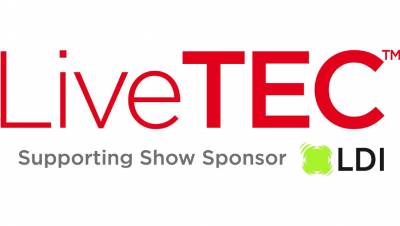
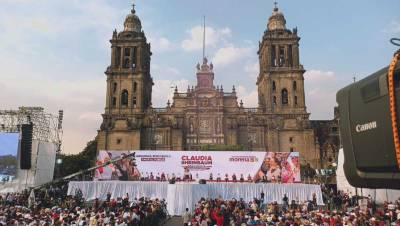


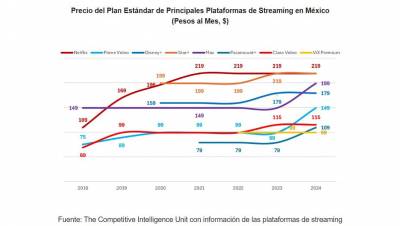
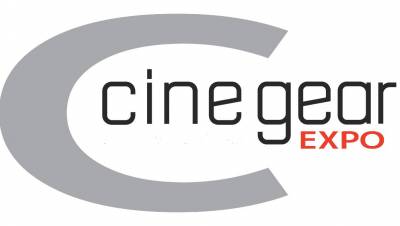


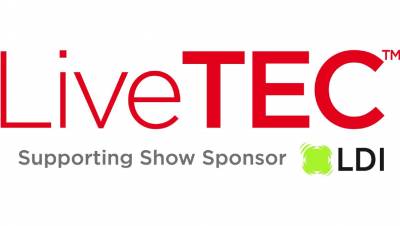

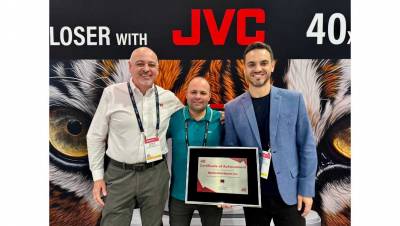









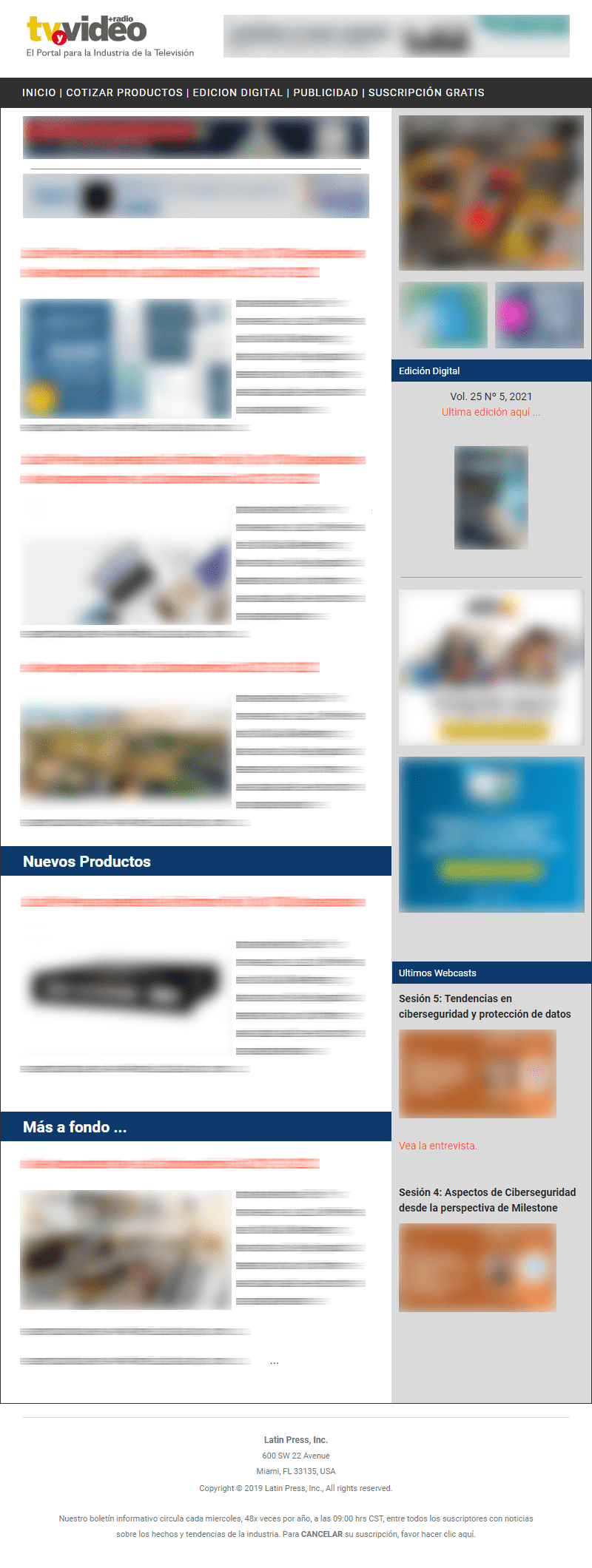
Leave your comment